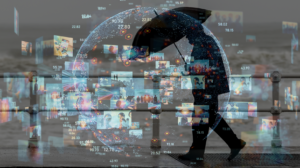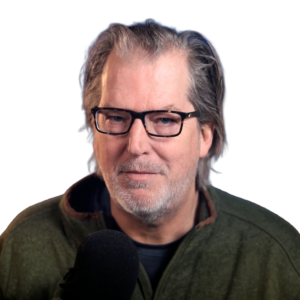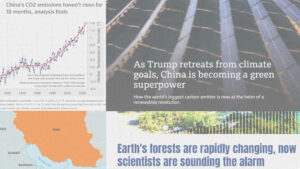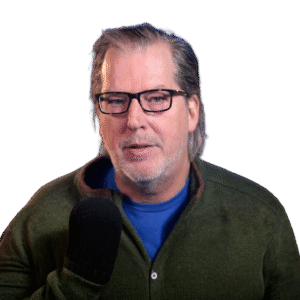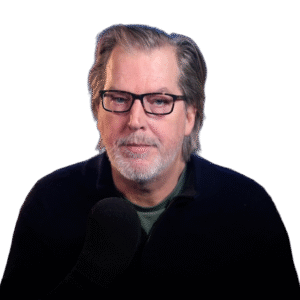
Description
In this week’s Frankly, Nate shares twenty different things to expect in the future, some which will be extremely difficult to influence but others which are in our control to change. From the forecast of an increasingly hotter planet due to the Superorganism’s insatiable appetite for fossil-carbon energy to a world of growing conflict and inequality, our tendencies are to despair and feel a loss of control. Will moving from a world of consumption and power defined by money and social status and away from apathy and isolation be possible? What if we purposefully turn the ‘control knobs’ in our own lives to shift how we approach a post-growth future by embracing reality – instead of unrealistic tech solutions – redirecting our focus towards deeper interconnection with community and local systems? Which control knobs might we turn to fill our hearts and lives with goodness, awe and wonder?
In French, we have a motto that says that a simple drawing is often better than a long explanation. Jean-Marc Jancovici Carbone 4 President
That’s very understandable because with left atmosphere thinking, one of the problems is that you see everything as a series of problems that must have solutions. Iain McGilchrist Neuroscientist and Philosopher
We can’t have hundreds and hundreds of real relationships that are healthy because that requires time and effort and full attention and awareness of being in real relationship and conversation with the other human. Nate Hagens Director of ISEOF
This is the crux of the whole problem. Individual parts of nature are more valuable than the biocomplexity of nature. Thomas Crowther Founder Restor
Show Notes & Links to Learn More
00:00 – El Niño
00:00 – Saudi Arabia deaths from heat
00:00 – Heading towards multipolar world
00:00 – What’s happening in Israel
00:00 – United States debt
00:00 – 1000x larger economy today than in 1500
00:00 – AI and inequality
00:00 – Riots in Kenya
00:00 – Carbon pulse
00:00 – Complex supply chains
00:00 – Multipolar world
00:00 – Packers vs Bears
00:00 – Discount rates
00:00 – US GDP to healthcare industry
00:00 – Ukraine, Syria, Bangladesh, Madagascar, Afghanistan
00:00 – 70% of energy and money go towards consumption
00:00 – Dopamine
00:00 – Baseload
00:00 – The Hobbit
00:00 – The Dawn of Everything, David Wengrow, David Graeber
00:00 – Population of 8 billion
00:00 – Johan Rockström
00:00 – Holocene

